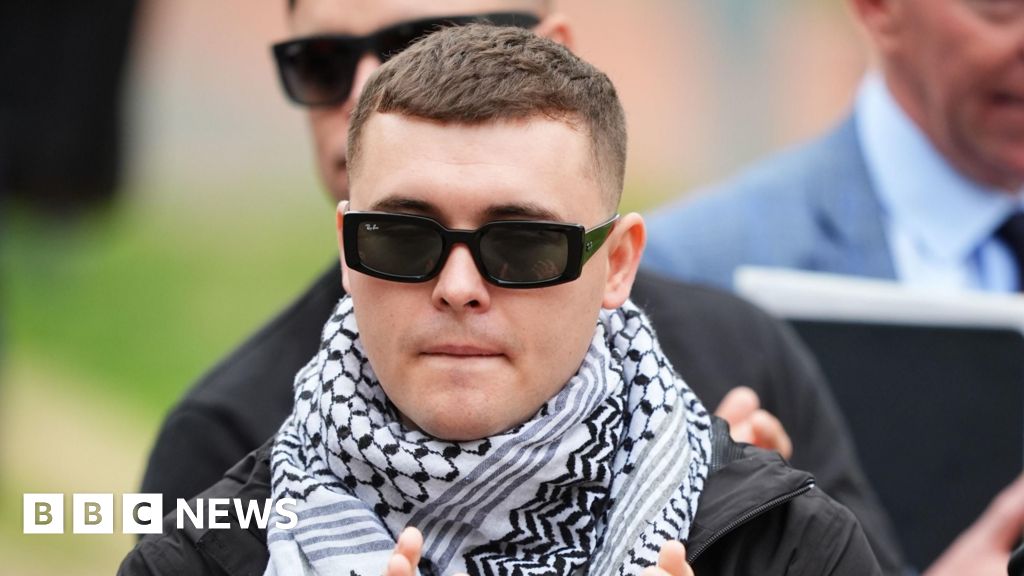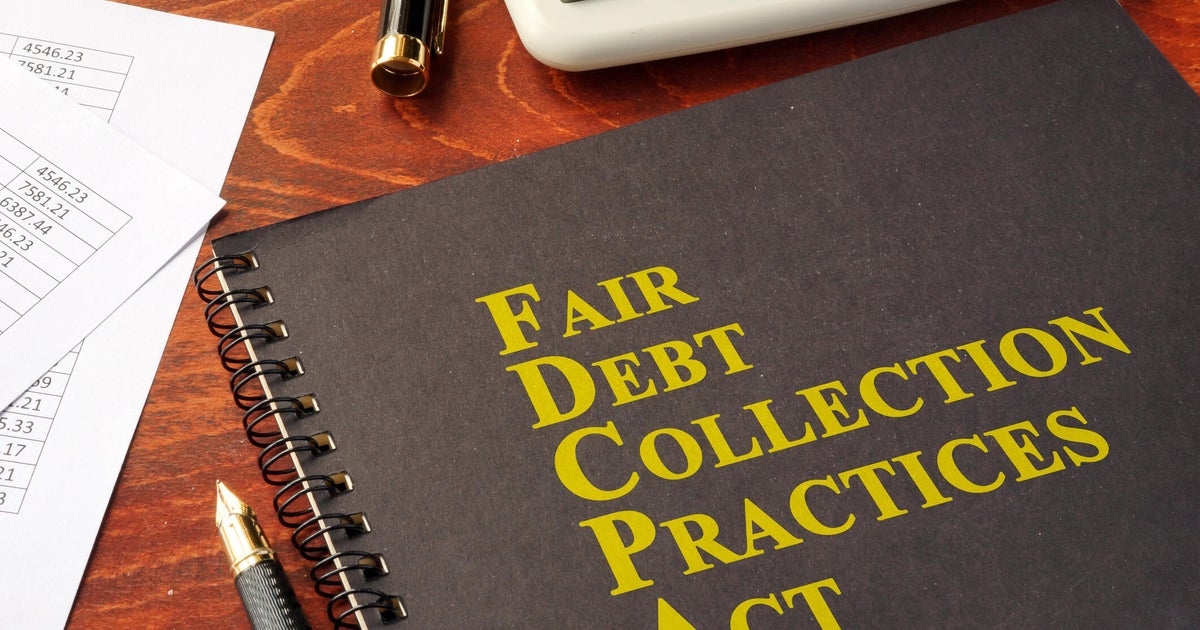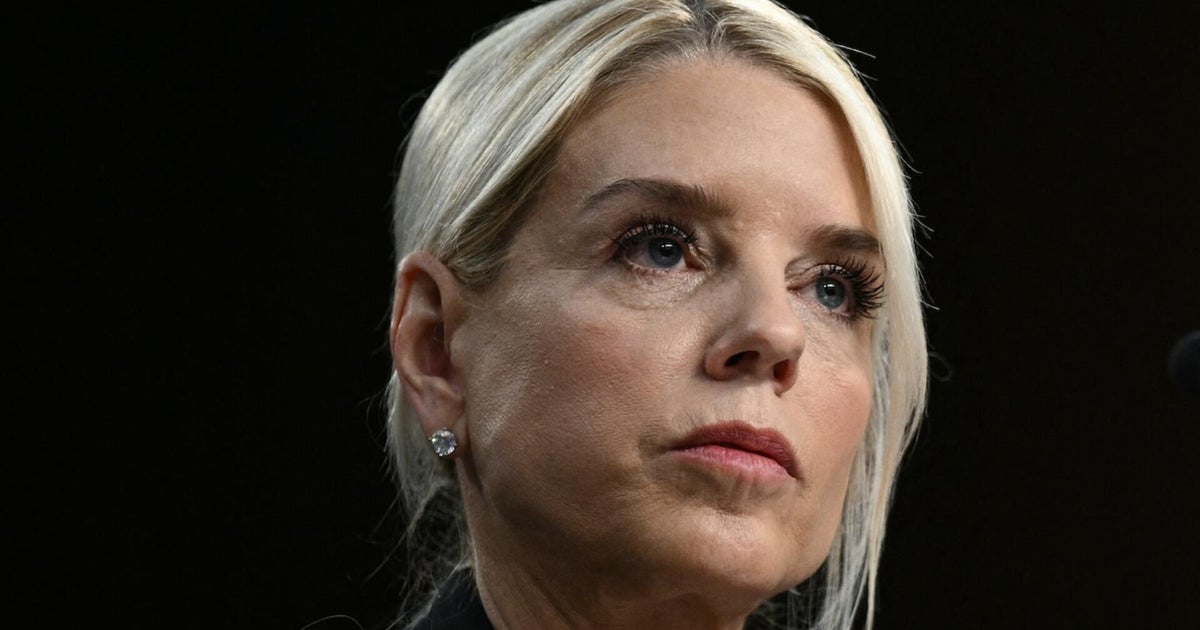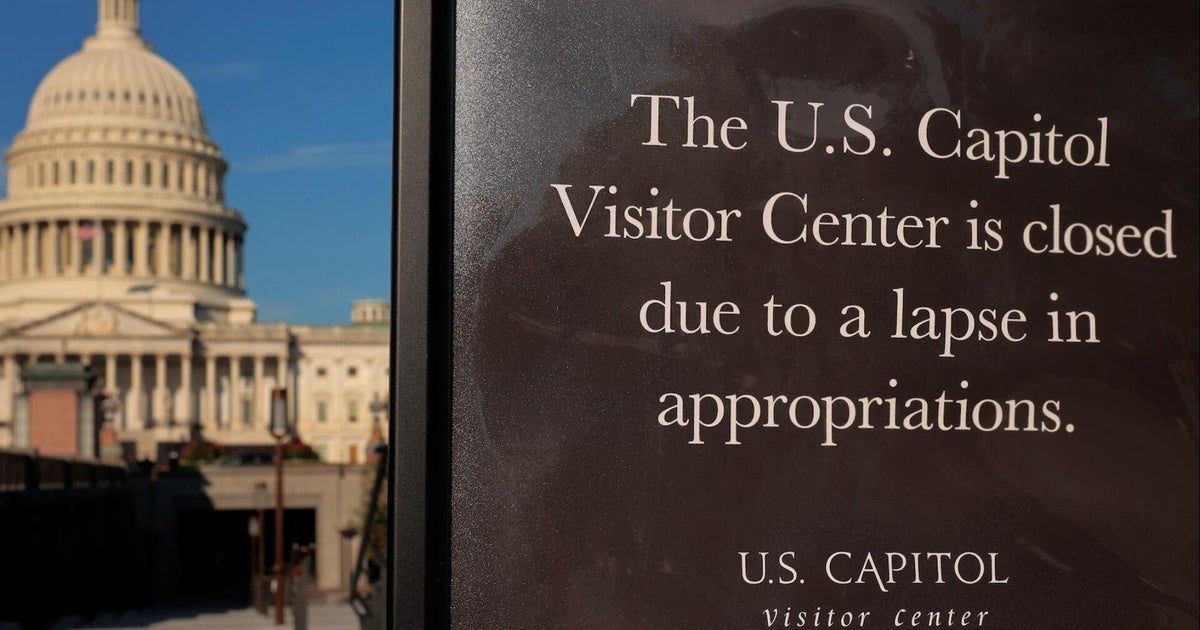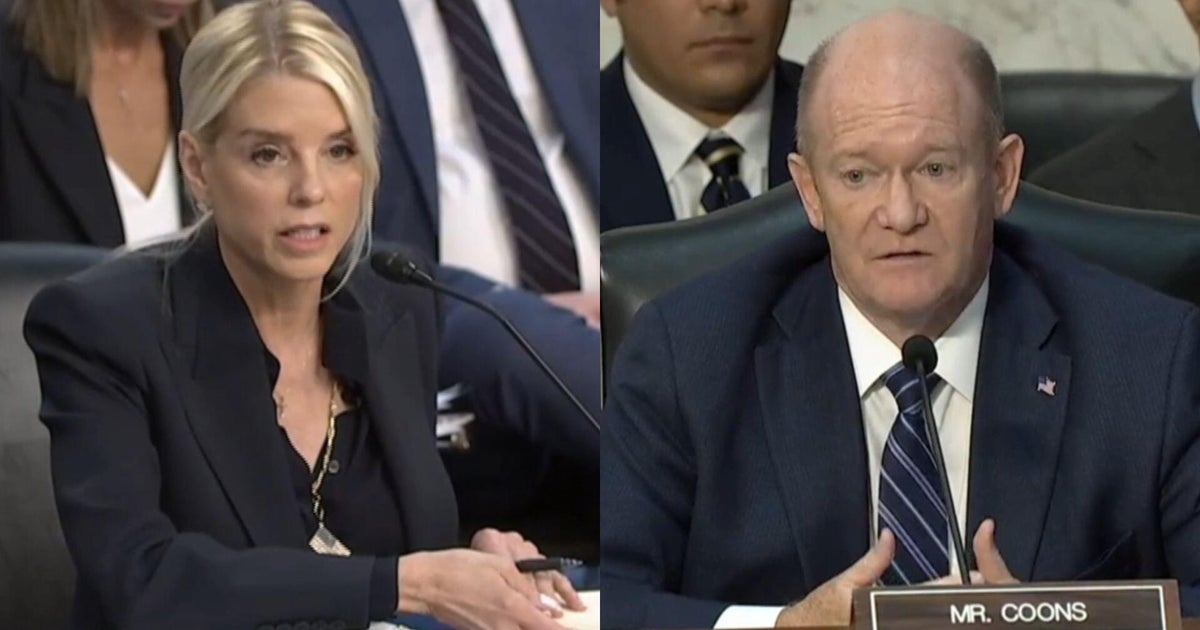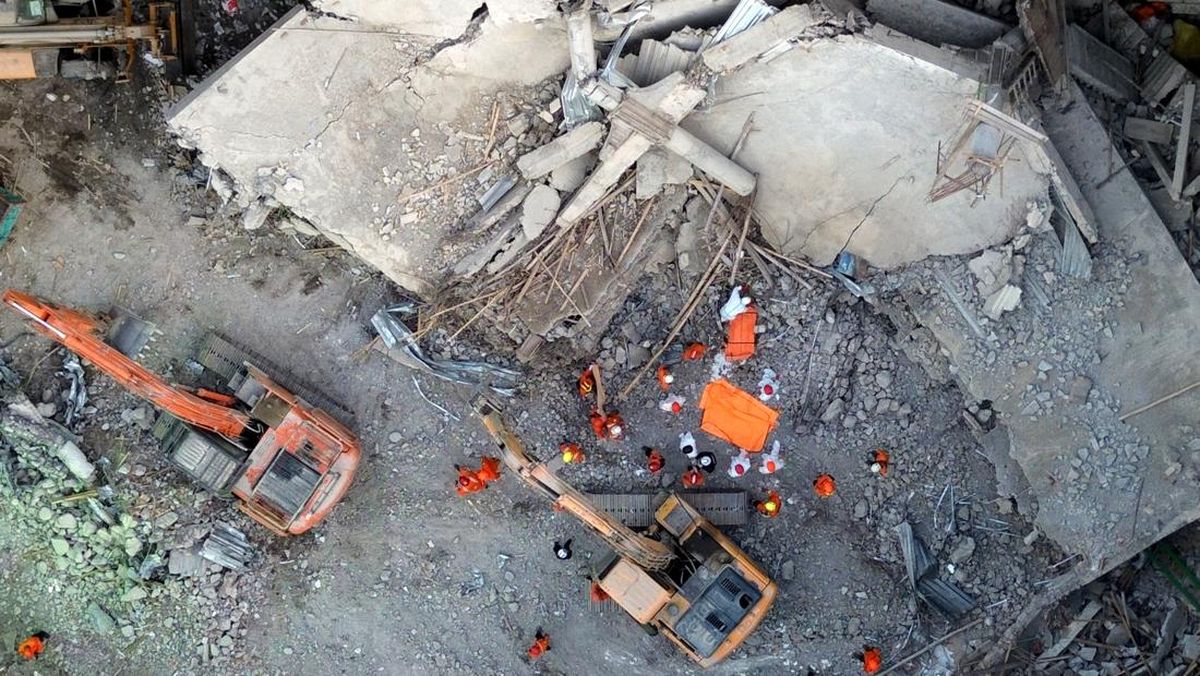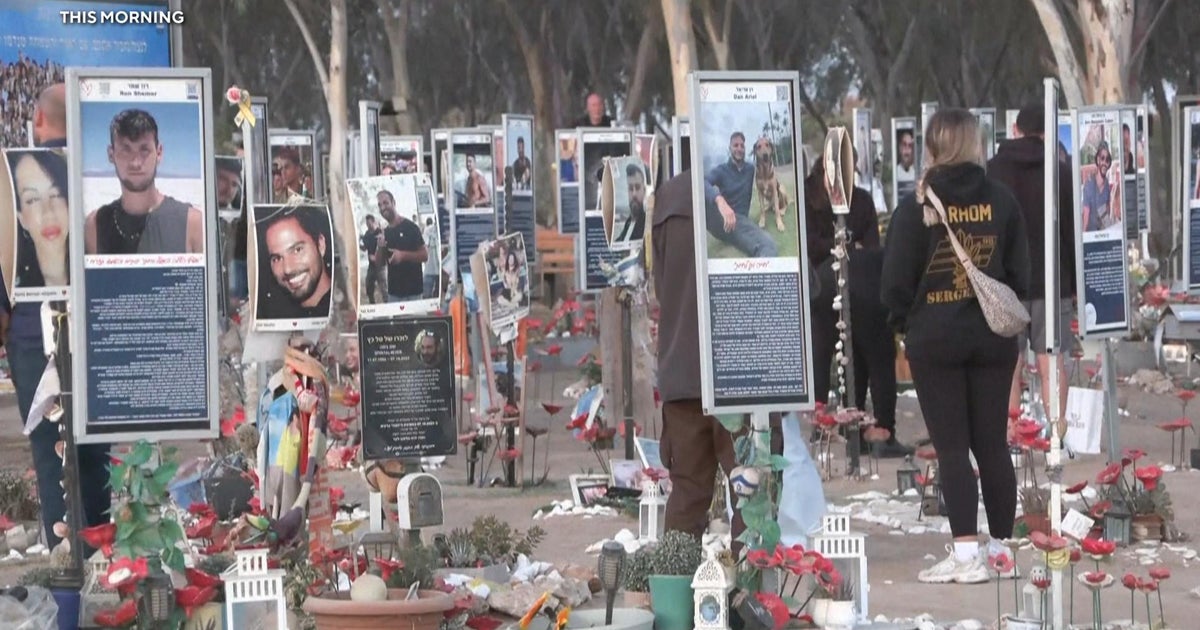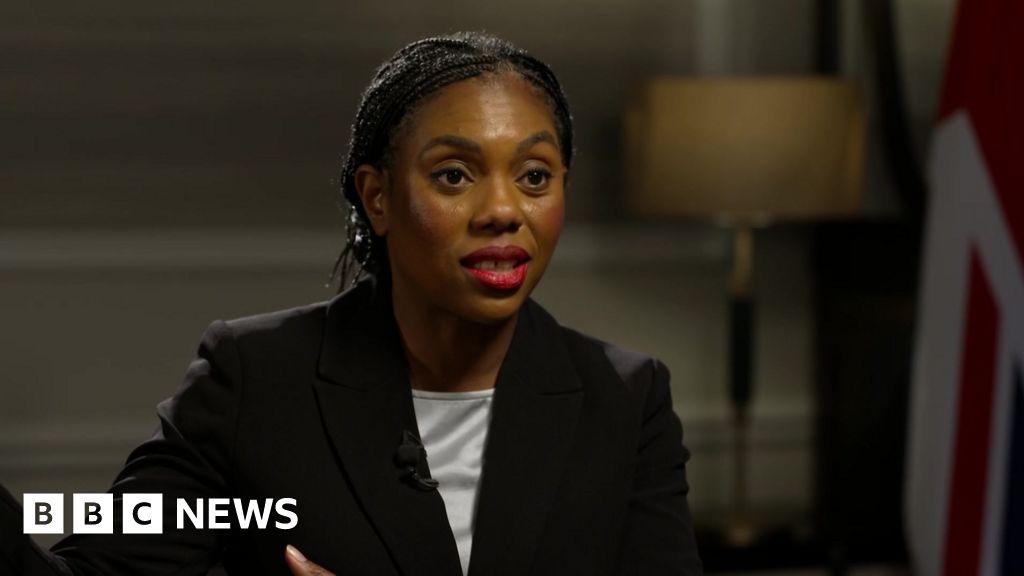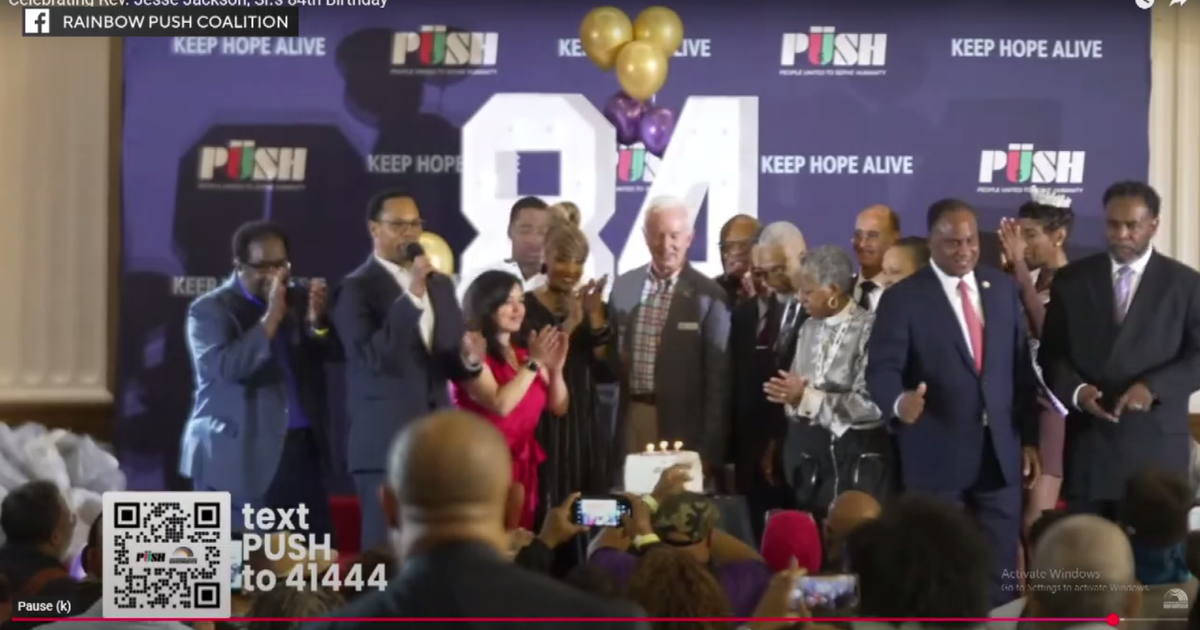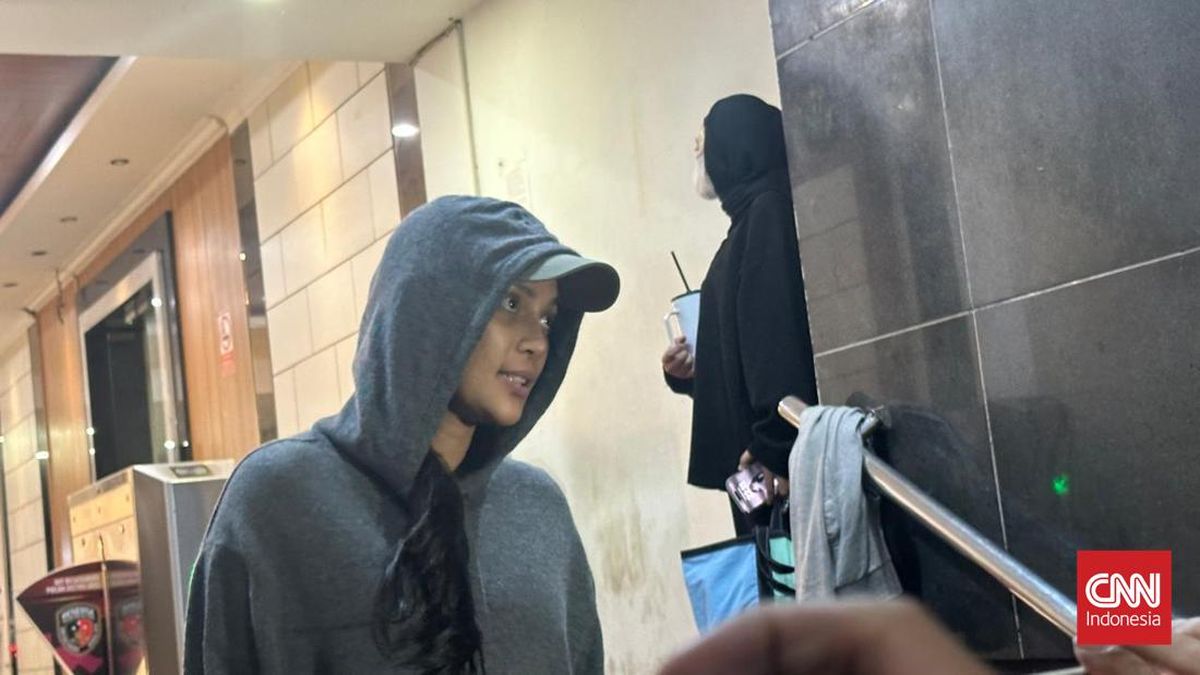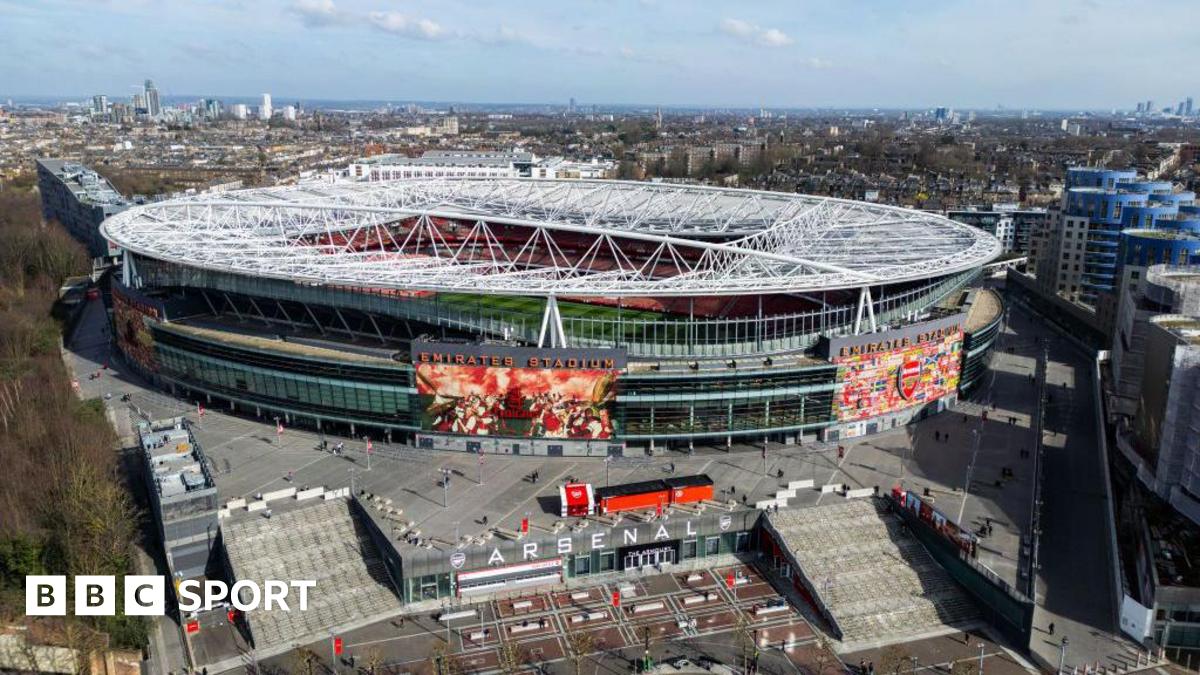Canberra: US President Donald Trump has threatened to give Israel the freedom to “finish the job” against Hamas if the militant group rejects his 20-point peace plan for Gaza, which Prime Minister Anthony Albanese welcomed as a step towards ending the war.
Declaring he would bring “eternal peace in the Middle East”, Trump stood in the White House alongside Israeli leader Benjamin Netanyahu proposing an immediate stop to the fighting in exchange for the release of hostages within 72 hours, before Trump and former British prime minister Tony Blair would oversee a temporary governing body for Gaza.

Donald Trump greets Israeli Prime Minister Benjamin Netanyahu at the White House. Credit: Getty Images
Hamas leaders said they learnt about the plan only after Trump made it public, but would review it “in good faith” before responding. They now face a bitter trade-off in deciding whether to disarm, give up any future governing role and accept a staged withdrawal of Israeli forces for the prospect of an amnesty for those Hamas members who “commit to peaceful co-existence”. Those who decide to leave Gaza would be given safe passage under the proposal, which carries risks for both sides.
“This can be done the easy way, or it can be done the hard way, but it will be done,” Netanyahu vowed.
The peace manifesto united Arab and Western leaders, many of whom spent last week pressuring Israel and the United States over Palestinian statehood at the United Nations, where Albanese said he discussed Trump’s plan with his counterparts.
Loading
“I certainly have welcomed the opportunity to discuss the plans for a ceasefire moving forward over the past week with a range of leaders,” Albanese said from Abu Dhabi on his way back to Australia, three weeks before his first formal talks with Trump.
“We commend the focus which is there in the plan for Palestinian self-determination and statehood, and the Palestinian Authority’s support for the plan, along with … countries which have large Muslim populations such as Indonesia and Pakistan.”
The White House talks came at a tenuous moment, with Israel losing support from many countries that were long its steadfast allies as the conflict nears its two-year anniversary and Gaza’s humanitarian crisis worsens.
The US president thanked Netanyahu “for trusting that if we work together, we can bring an end to the death and destruction that we’ve seen for so many years, decades, even centuries”.
Former Israeli minister Yossi Beilin said he did not believe Netanyahu had “invented the plan from A to Z” after months of bubbling tension with the Trump administration.

Prime Minister Anthony Albanese in Abu Dhabi in the UAE on Monday.Credit: Dominic Lorrimer
“He had some impact on the plan, but some ideas, including hints about future Palestinian state, he hates,” he told the ABC.
Under the plan, Israel would pull its troops back incrementally as an international security force filled in the areas it left. It would also maintain a “security perimeter presence” – vague phrasing that could mean it would keep a buffer zone inside Gaza, likely to be opposed by Hamas.
A “Board of Peace” headed by Trump and Blair would oversee Gaza’s administration and the reconstruction of the devastated territory. The proposal does not require people to leave Gaza, unlike a widely criticised idea put forward by Trump earlier in the year.
If Hamas refused the deal, Trump said Israel would have his “full backing to finish the job of destroying the threat of Hamas”.
Albanese’s deputy, Richard Marles, voiced support for the plan – on the condition that it did not involve the annexation of any territories or the forced displacement of people – but expressed doubt about Hamas’ willingness to disarm.
“We have made it really clear that we need to see a ceasefire, that we need to see an end to these hostilities. We do not want to see an annexation of these territories, and I know that forms part of this agreement as well,” he told ABC Melbourne.
The opposition argued early on Monday that Albanese’s decision to recognise Palestine ensured he played no role in Trump’s endeavour, despite the prime minister’s claim he had been involved in discussions on the sidelines of the UN.
Loading
“We all want to see the war end, and we always knew that the only peace that could be brokered would be brokered by the US. So there is hope today,” Opposition Leader Sussan Ley told Channel Seven’s Sunrise.
Coalition senator Dave Sharma, a former ambassador to Israel, said the Trump proposal “shows how foolish Australia’s foreign policy has been”.
“Here we were speaking about recognising a Palestinian state last week, that we could do nothing to help bring about, whilst the real work was being done with the US administration, with the Arab countries, with Israel,” he said.
“That’s a group in which we would have normally had a seat at the table … We are simply not a trusted ally in the Middle East any more.”
Co-chief executive officer of the Executive Council of Australian Jewry Alex Ryvchin said: “While Western governments were engaged in gesture politics and theatrics at the UN, the US administration has developed a mechanism to immediately and permanently end this war.”
The plan agreed to by Netanyahu involves elements that might risk his right-wing governing coalition, indicating the increasingly isolated Israeli leader felt pressure to go along with Trump’s effort to bring the war to an end. Trump’s decision to include the Palestinian Authority in the proposal, provided it completes a reform program, also represents a win for the coalition of nations, including Australia, that have been positioning the authority as an alternative to Hamas.
Two of Israel’s opposition leaders, Benny Gantz and Yair Lapid, backed Trump. They have both previously indicated they would help prop up Netanyahu’s government to ensure he could advance a peace arrangement over any objections from far-right ministers who have been sanctioned by Australia.
French President Emmanuel Macron and British Prime Minister Keir Starmer backed the plan to end the war and secure the release of all hostages, while the foreign ministers of Qatar, Jordan, the United Arab Emirates, Indonesia, Pakistan, Turkey, Saudi Arabia and Egypt acknowledged Trump’s “sincere efforts” to bring peace.
Loading
The Palestinian Authority reiterated its commitment to work with the US and partners to reach a comprehensive deal that included “paving the way for a just peace on the basis of a two-state solution”.
Netanyahu earlier extended a formal apology to his Qatari counterpart for a recent military strike targeting Hamas officials in the Gulf emirate that infuriated Arab leaders and triggered rare criticism by the US of Israel.
Hamas is believed to be holding 48 hostages, 20 of whom are still thought to be alive. The militant group has previously demanded that Israel agree to end the war and withdraw from all of Gaza as part of any permanent ceasefire.
The war, which began after Hamas-led fighters killed about 1200 people and captured 251 hostages in a 2023 attack on Israel, has left much of Gaza in ruins and caused a major humanitarian crisis.
More than 66,000 Palestinians have since been killed in Israel’s assault, according to Gaza health authorities, which do not differentiate between combatants and civilians.
With Reuters, AP
Cut through the noise of federal politics with news, views and expert analysis. Subscribers can sign up to our weekly Inside Politics newsletter.
Most Viewed in World
Loading

